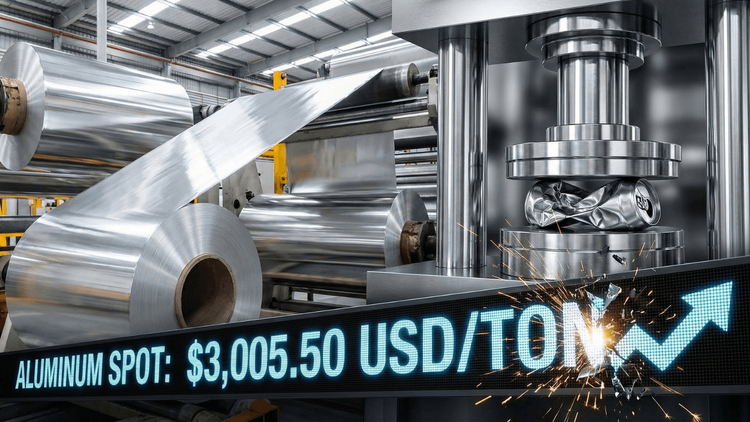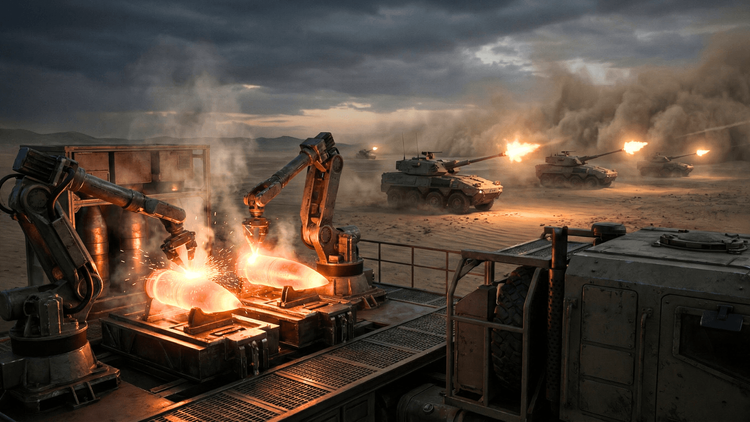China's EV Manufacturing Surge: Essential for Climate Goals, Says Vice Finance Minister
China’s Vice Finance Minister Liao Min champions the nation’s manufacturing might amid global EV demand and climate change challenges.

China's manufacturing capacity is hailed as both a boon and a bane by different global stakeholders. Amidst rising concerns about climate change and economic imbalances, China defends its robust manufacturing push, particularly in the electric vehicle (EV) sector. Vice Finance Minister Liao Min asserts that China's efforts are essential for meeting the world's growing demand for EVs and combating climate change. This article delves into the intricate dynamics of China's manufacturing strategy, its global implications, and the divergent perspectives that shape this ongoing debate.
China's Manufacturing Push: A Climate Savior?
Liao Min, in a recent exclusive interview in Rio de Janeiro, emphasized China's significant role in the global fight against climate change. "For decades, China has been a force of disinflation for the world through its supply of manufactured products with good value for money," Liao stated. He underscored that China is now extending its influence by providing green goods, aiding countries in achieving their carbon reduction goals by 2030.
The International Energy Agency estimates that global demand for new energy vehicles will surge to between 45 million and 75 million units by 2030, far exceeding the current supply capacity. China’s manufacturing prowess is pivotal in bridging this gap, positioning the nation as a leader in the green transition.
The U.S. and EU's Criticism
U.S. Treasury Secretary Janet Yellen has been vocal about her concerns regarding China's economic strategies. She argues that China's model channels excessive savings and subsidies into manufacturing, contributing to overcapacity and disrupting global markets. Yellen's criticisms reflect a broader apprehension in the U.S. about the economic implications of China's industrial policies.
The European Union has taken concrete steps to address what it perceives as unfair competition from China. The EU's imposition of tariffs on Chinese electric cars is a strategic move to protect its own industries while navigating the complexities of international trade. These measures have sparked debates about the future of global trade dynamics and the role of protectionism.
Trade Barriers and Tariffs
Developed economies like the U.S. and the EU have erected trade barriers in response to China's manufacturing surge. Former President Donald Trump even threatened to impose duties of 50% or more on Chinese imports if he wins the upcoming presidential election. These protectionist measures highlight the tension between maintaining domestic industrial competitiveness and engaging in global trade.
Countries like Brazil and Turkey have also placed tariffs on Chinese products, including steel and cars. However, their criticism of China’s industrial policy has been less vocal. The differences in response between developed and developing nations underscore the complex geopolitics of global trade.
China's Response to Trade Threats
Liao Min addressed these trade threats candidly, advocating for open and respectful communication. He emphasized the importance of adhering to market economy rules and true facts in dialogues with major economies. Liao reaffirmed that China and the U.S. will continue discussing these issues in the China-US Economic Working Group meetings.
Liao's extensive experience in trade negotiations, particularly during the trade war with the U.S., informs his current stance. His past interactions with U.S. officials, including meetings with President Trump, highlight the long-standing and evolving nature of China-US trade relations.
Differing Approaches at G-20 Meetings
At the G-20 meetings, the divide between major economies and developing nations was evident. Janet Yellen criticized China's economic strategy, describing it as a threat to global firms and workers. Bundesbank President Joachim Nagel advised Brazil to sustain its relationships with western countries instead of relying solely on China for economic growth.
In contrast, India's chief economic adviser acknowledged the issue of over-manufacturing but noted it wasn't a focal point in bilateral talks. Brazil’s Finance Minister Fernando Haddad described the response to China’s exports as understandable but unsustainable in the long run, advocating for a more balanced approach.
Factors Behind China's Manufacturing Success
Liao argued that China's industrial success is not solely due to government subsidies. He highlighted the critical roles of corporate investment in research and development, entrepreneurship, and technological innovation. These factors have collectively enabled Chinese industries to gain a competitive edge.
China's focus on emerging industries like EVs stems from its lack of advantages in the conventional auto sector. This strategic pivot allowed China to invest heavily in EV development, fostering growth in a new and promising market.
Economic Theories and Market Dynamics
Liao explained that demand-supply imbalances are natural in any market economy. Companies make long-term investment decisions based on expected demand, which can lead to temporary excess capacity. This dynamic is part of the natural ebb and flow of market economies.
The phenomenon of large capital flows into new industries is not unique to China. Historical trends in sectors like information technology, shale gas, and biopharmaceuticals in developed countries have also experienced periods of overcapacity. These cases illustrate the cyclical nature of industrial growth and investment.
Conclusion
China defends its manufacturing model as essential for meeting global EV demand and combating climate change. Despite criticism from developed economies, China's role in providing affordable and green products remains crucial. The future of global trade and manufacturing will likely involve ongoing negotiations and adjustments to address these complex challenges.
The international community must navigate these tensions with a balanced approach, fostering cooperation and open dialogue. As China continues to play a significant role in the global market, understanding and addressing the concerns of all stakeholders will be key to achieving sustainable economic growth and environmental goals.






